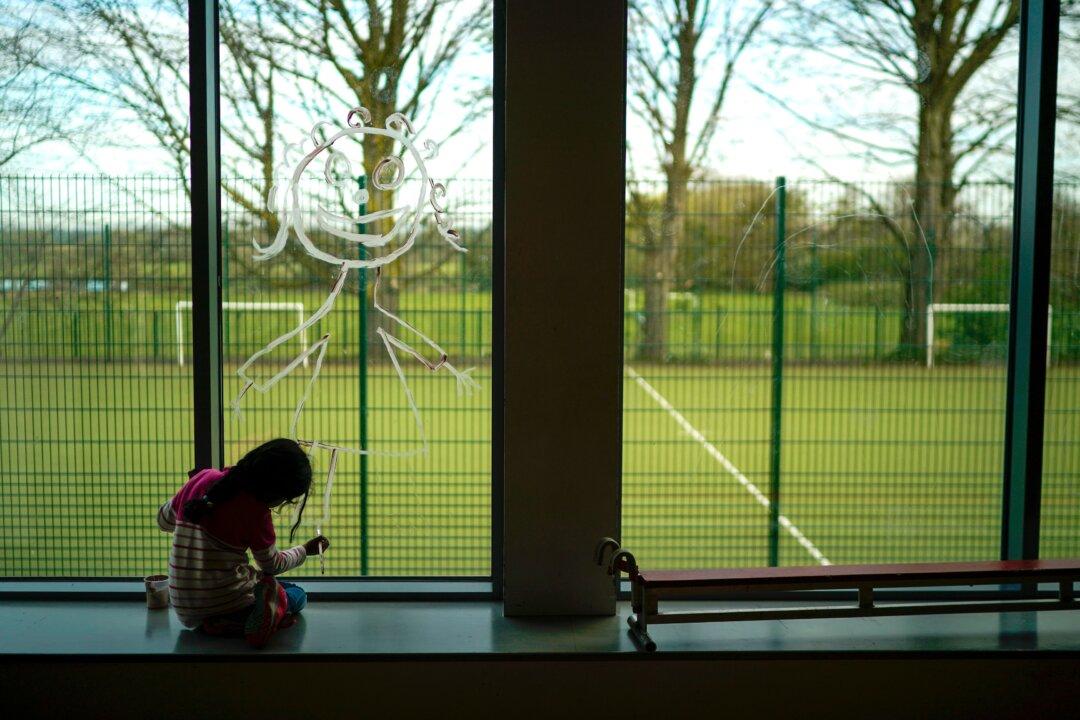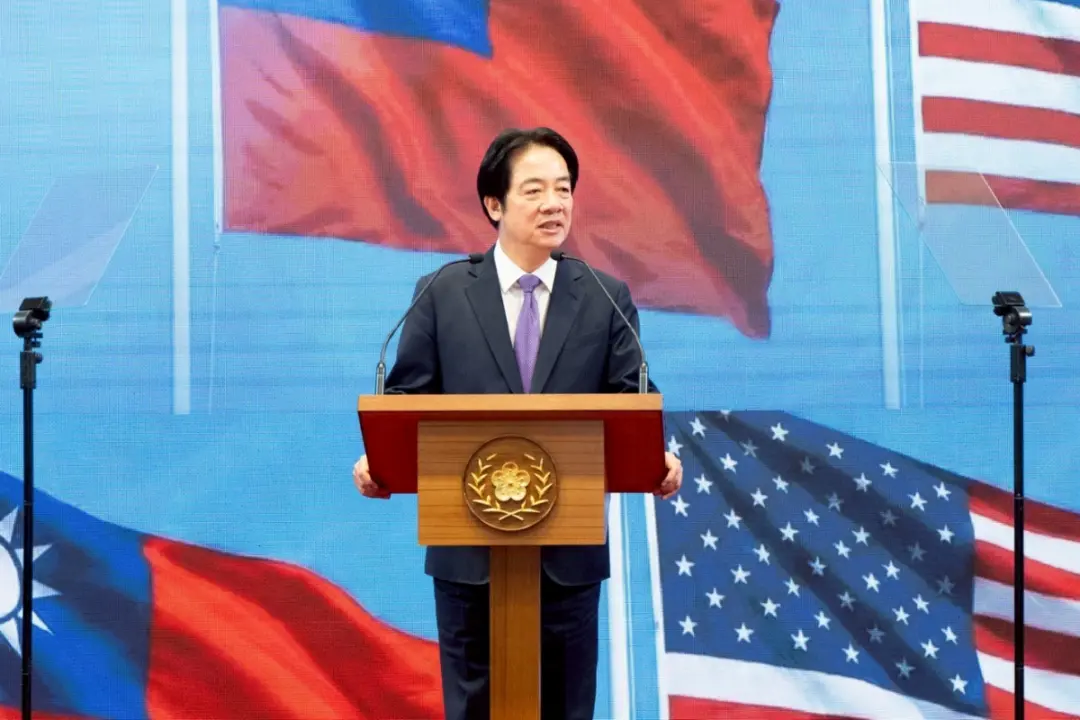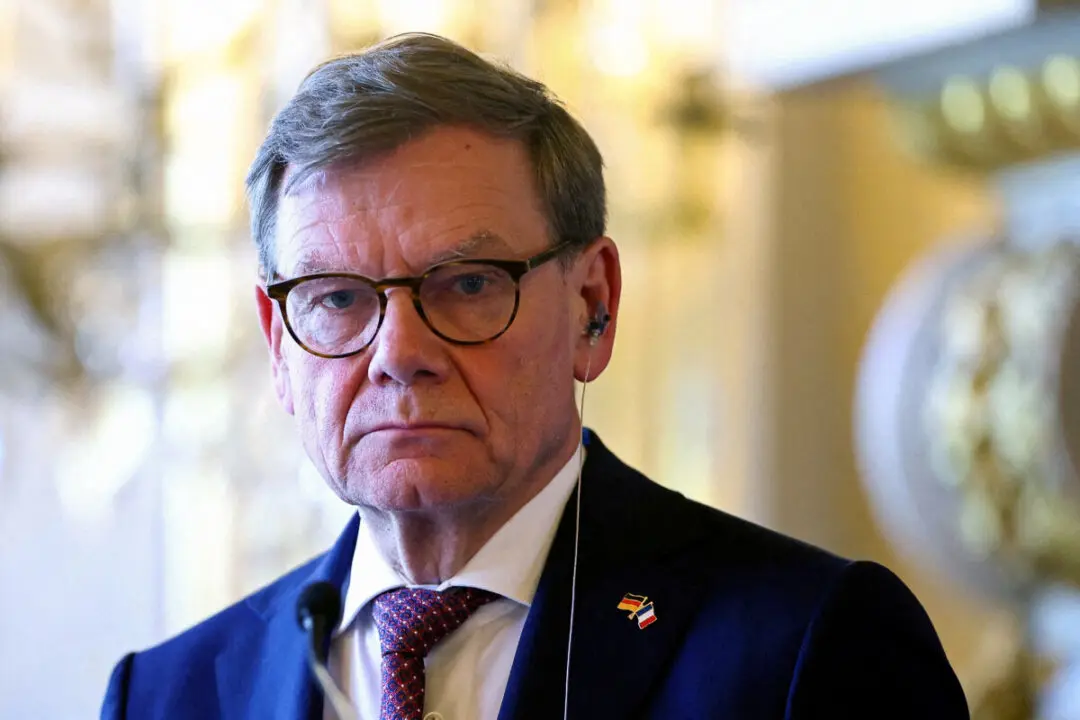Labour says Britain owes a debt to the lockdown generation which has seen its future “cut off at the knees,” with the shadow health secretary pledging to improve mental health services to children and young people.
Writing in The Telegraph on Friday, Wes Streeting said Labour will recruit thousands of extra mental health professionals, providing support in “every school” and putting walk-in mental health hubs for young people “in every community,” if Labour wins the election on July 4.





